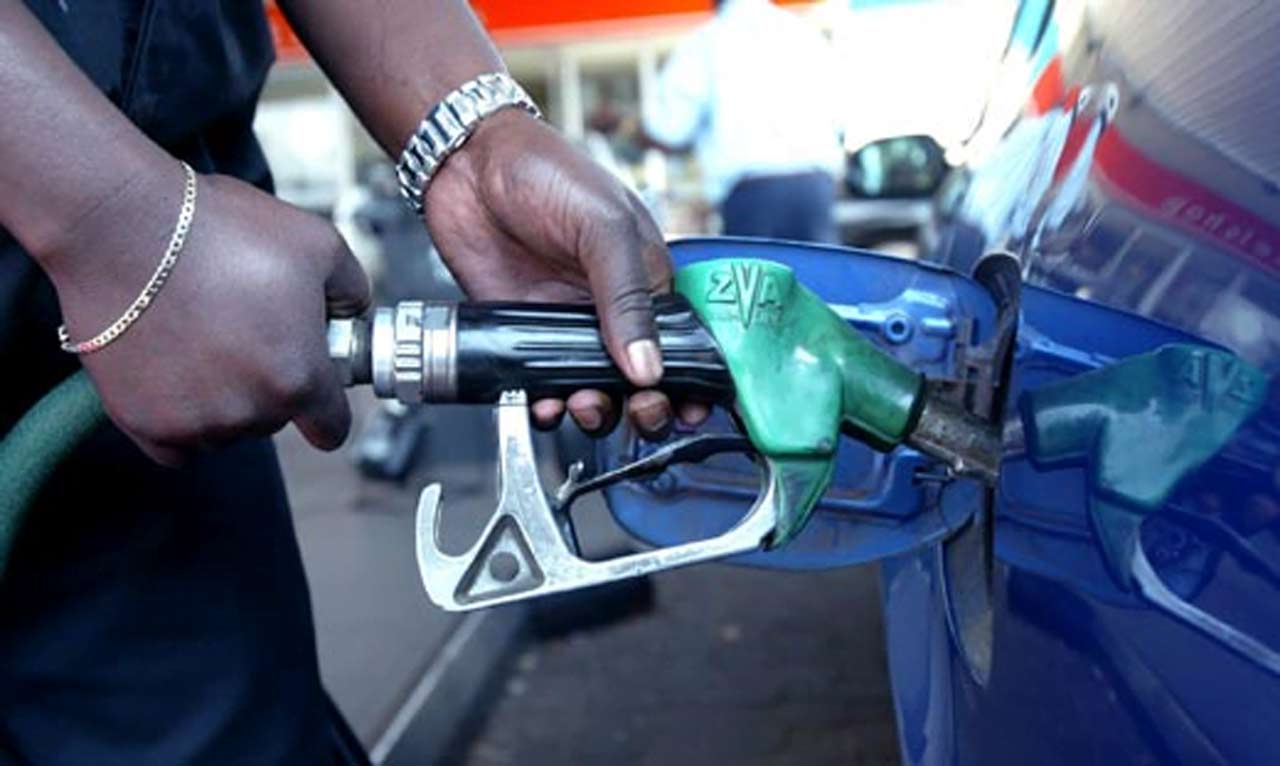A legal practitioner, Amobi Ferdinand Nwigwe has urged the federal government considers adopting free primary and secondary education for students in the country to cushion the effect of subsidy on households.
Speaking during a town hall meeting in Abuja, Nwigwe stated that the government also needs to provide direct loans to farmers to reduce the skyrocketing prices of food in the country.
“I am looking at something that is enduring not something that is like a one-off payment. Because the country has been through a lot and the income of the people is not rising. We need something that will really touch millions of Nigerians. For instance, if the president had come out to say I am going to give free education to Nigerians – from primary to secondary school level, this will free funds for the families for their children to go to school instead of the loan being proposed for students by the president. And we have about 15 million out-of-school children, so if you have this kind of palliative, Nigerians will embrace it. Remember we have a major problem in the education sector and education is everything.”
2023 Hajj: NAHCON constitutes committee to review services
Reps urge FG to end banditry in Katsina, Gombe, Ondo
“Another palliative the Government should look at is subsidising certain products for farmers, giving farmers (real farmers) loans to produce food as the prices of garri, chicken and rice are very high in the market. You have to give to the real farmers, not the type of farmers we saw when they did the FADAMA loan. They were giving loans to the bourgeoisie. We heard that some people allegedly collected 10 million or billion naira and did nothing with it.
“But there are some farmers who need just about 500 thousand naira to increase production. If you give them this money, it will bring down the costs of items in Nigeria for the betterment of the people. These are the kinds of palliatives I am looking at. As for myself, I used to think that I am in the middle-class category, but I don’t know any more as I cannot afford a lot of things nowadays.”

 Join Daily Trust WhatsApp Community For Quick Access To News and Happenings Around You.
Join Daily Trust WhatsApp Community For Quick Access To News and Happenings Around You.


